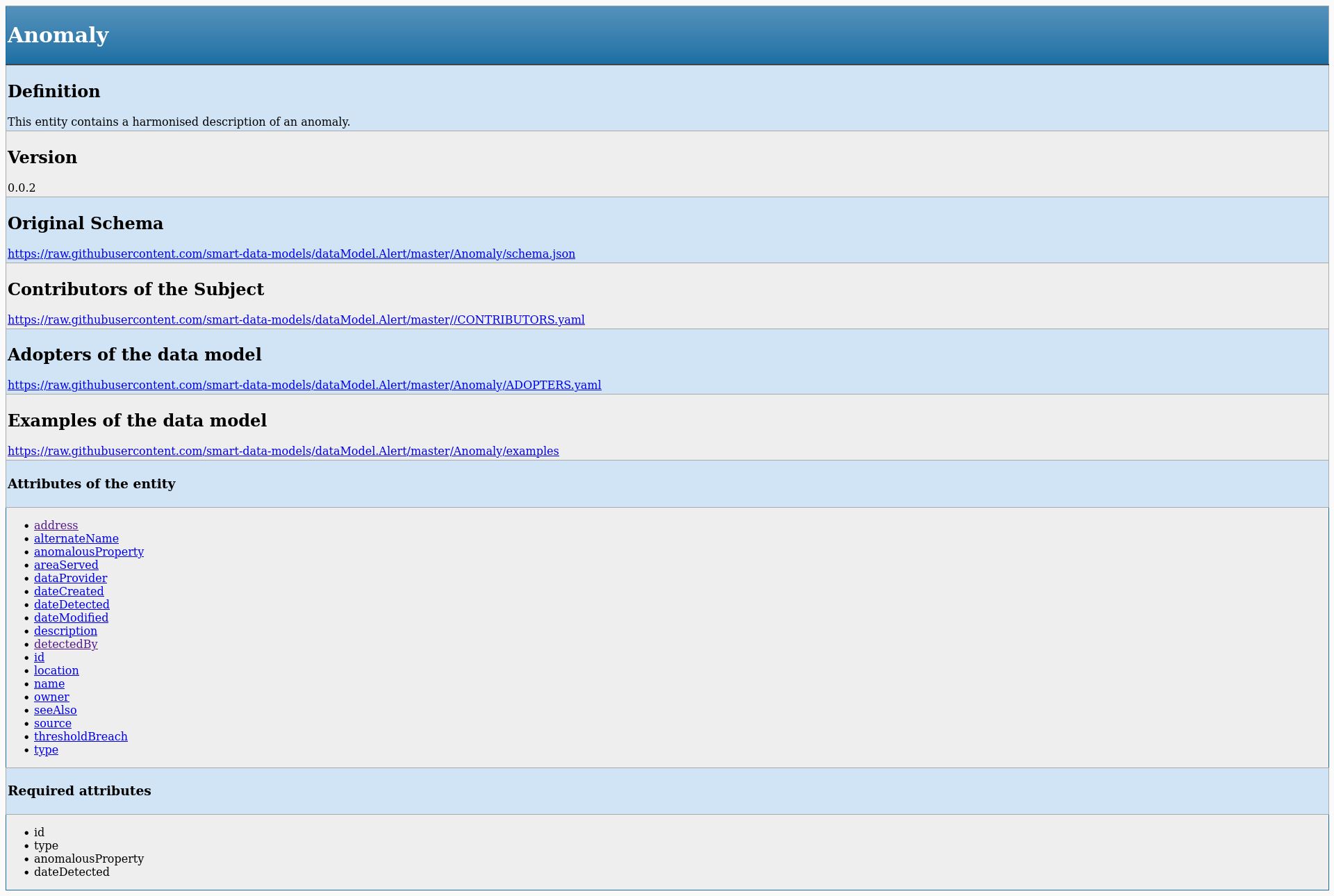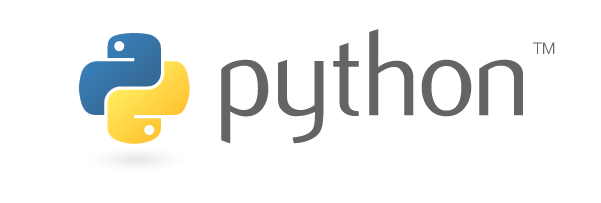The data model for AnprFlowObserved (Automatic number-plate recognition) is available for the transportation subject.
AnprFlowObserved. The data model represents an observation linked to the passing of a vehicle at a certain location and at a given time. This Data Model is based on the ItemFlowObserved, extended with ANPR-specific properties, and links to the observation images.











